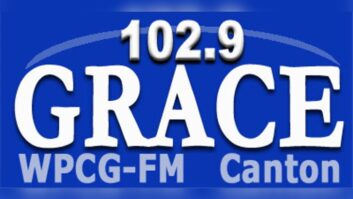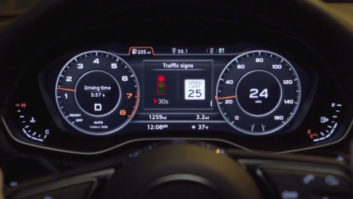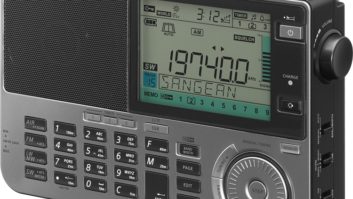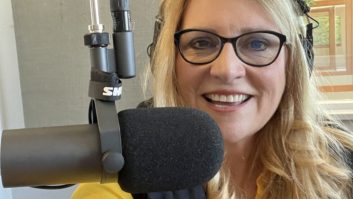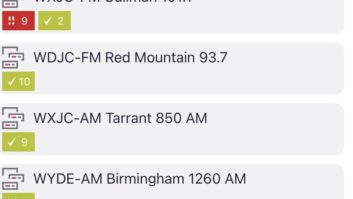Is it really a secret?
May 1, 2008 12:00 PM, Chriss Scherer
[email protected]

You and I work in radio. We know that it’s a job, it’s a career, and for most of us, it’s a personal interest. I’ll bet that you have been asked what you do for a living more than once in your life. The easy answer is to provide your job title and company. If the inquisitor gets beyond the luster that you work in radio and pries further into what you do, the answer can get more complicated.
A station chief engineer has a broad scope of responsibilities. We know that electronics, RF and IT are just part of it. Tying these skills to the management of entertainment technology makes our jobs unique.
Add to this that there is seldom a single method as to how a radio engineer obtained his knowledge and skills. It is these diverse backgrounds from which we all hail that make our industry and chosen profession that much more interesting.
When we prepare articles and material for Radio magazine and RadioMagOnline.com, one of the prime directives is to provide information that will help you, the reader, do your job better. We don’t write articles and post news items because they appeal to the advertisers. We write them to appeal to you, the reader.
An important method of providing this information is by drawing on the diverse experience of our readers and contributors. Whether it’s a Facility Showcase, Field Report, Tech Tip or On Location article, they all provide insight into the works of other stations. In this way, we all learn from our peers.
Most of the time, when I approach someone about sharing an experience, the person or station is more than happy and willing to contribute. You can see this in the tone of the article when you read it. That’s why I like to work with someone from the station on an article. What you get is the real story that includes the information that was important to the engineer who built it, designed it or used it.
This personal insight also provides an industry forum. We have all built studios, and we all have our own ways of doing things. By reading someone else’s experience, you will likely learn a new way to do something. You might even see how someone else addressed a challenge that you are facing.
There are times when I approach someone to write and I am given no for an answer. I’m not talking about time constraints. I’m talking about company policy. It’s frustrating for me to see a potentially good story just waiting to be told, and then I’m told the company policy is that no one can talk to the press, and nothing about the facility can be revealed.
Maintaining control about speaking to the press is one thing. I completely understand this aspect. Successful organizations present a unified message. That’s a key to success. But purposely stifling information for fear that trade secrets will be revealed is an overreaction.
Recently, I had a Facility Showcase ready to go � until the station’s legal team said no way, no how. Period. This was the facility of a nationally syndicated radio show in the top market. The article described the facility and shared some insight into the challenges of building it. There were no trade secrets. No one was bashed in the article. It was like taking a station tour as part of an SBE meeting. But the legal team said no. I wonder if this same legal team denies station tour requests from the Boy Scouts.
This kind of censorship baffles me. The reality is that you could call the station engineer yourself and get the same story. There were no secrets being revealed. Instead, our industry loses the benefit of shared information among professionals.
Have you built a facility, devised a fix,bought a new piece of equipment orpulled off the impossible remote? Tell me about it so we can share your story.
What’s your option? Send it to[email protected]






